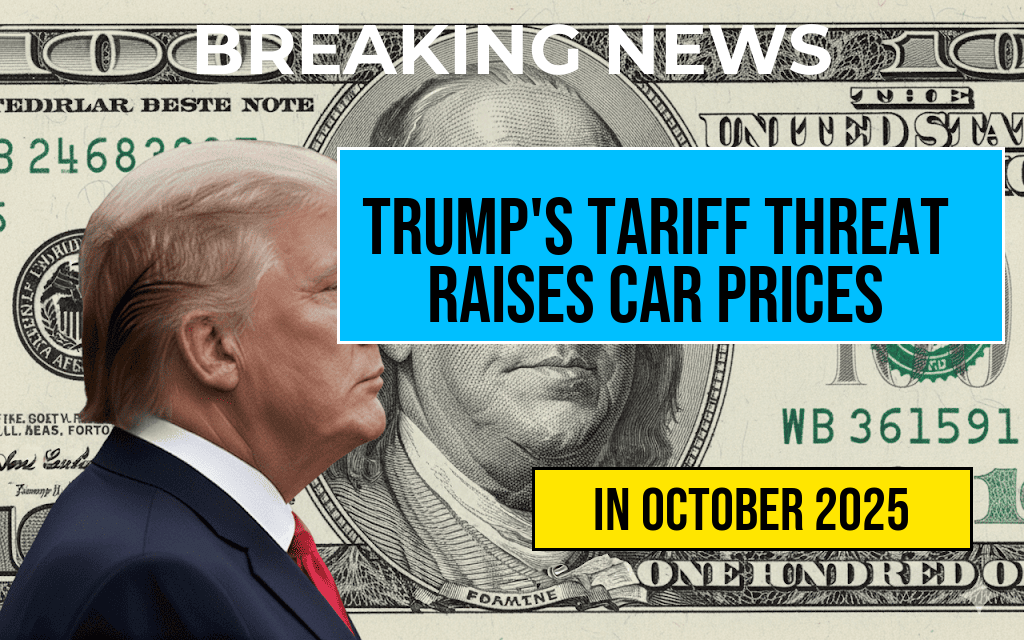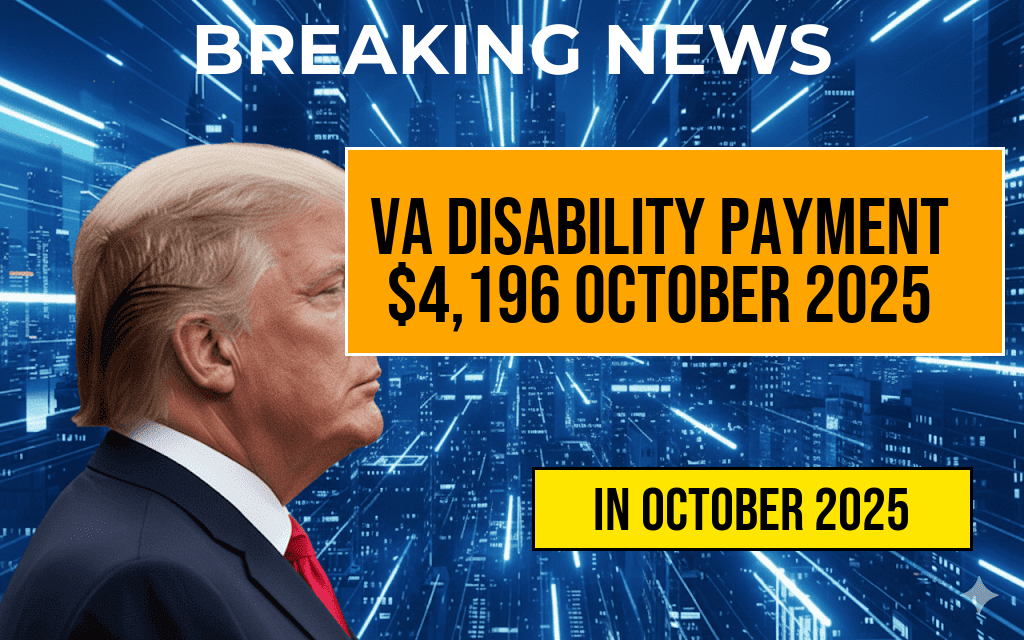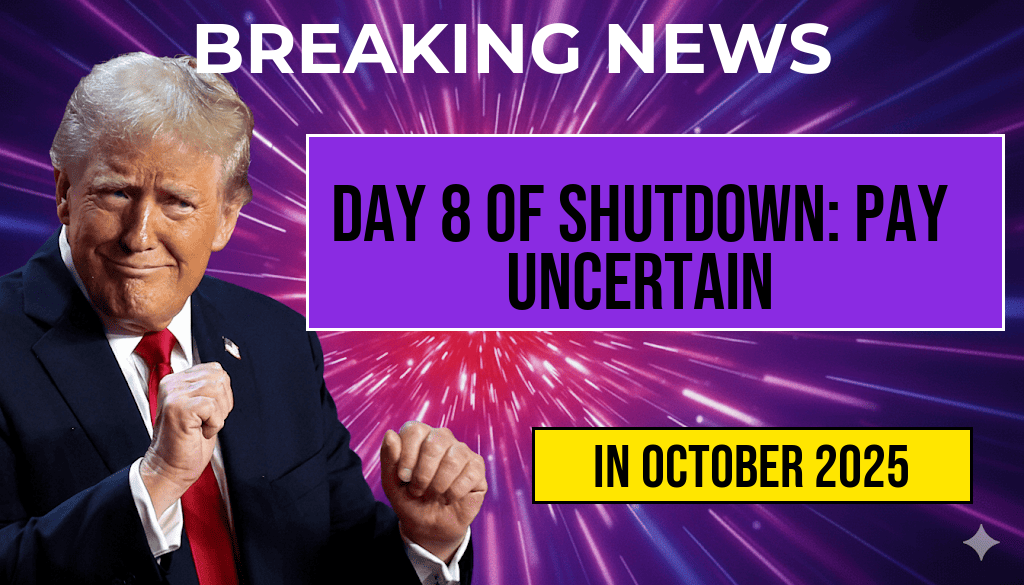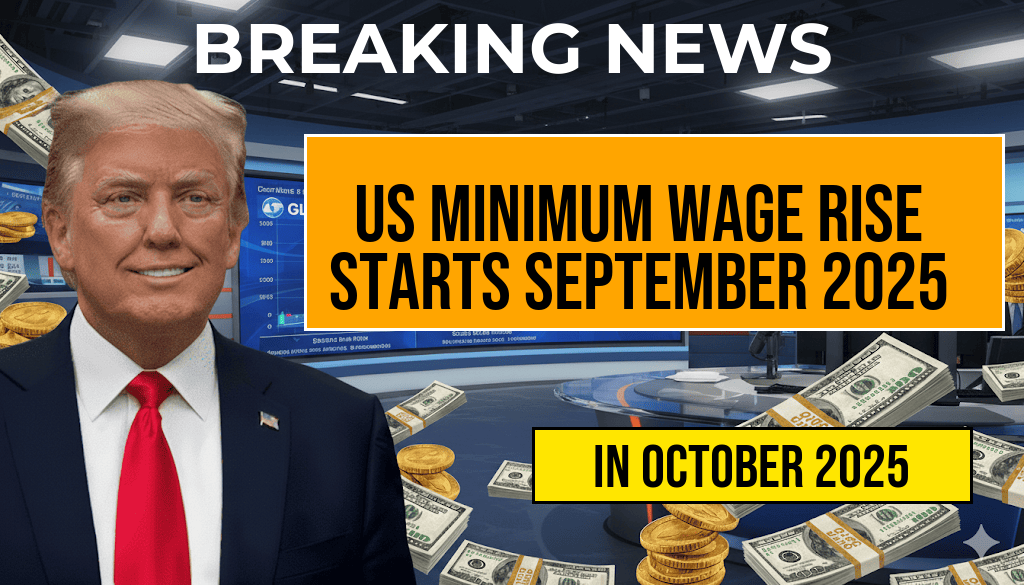Potential changes in U.S. trade policy under the administration of former President Donald Trump could have significant repercussions for the automotive industry. Recent reports suggest that a renewed threat of tariffs on imported vehicles and auto parts might push consumer prices higher by as much as $5,286 per vehicle. This potential increase stems from proposed tariffs targeting foreign-made cars, which could escalate costs for manufacturers, dealerships, and ultimately, consumers. The move signals a possible shift back toward protectionist policies that had previously disrupted global supply chains and impacted vehicle affordability. While the Biden administration has moved away from such tariffs, the possibility of their reintroduction remains a contentious issue, especially amid ongoing trade negotiations and geopolitical tensions.
Understanding the Tariff Proposal and Its Impact
Background of the Tariff Threat
The threat of tariffs on imported vehicles is rooted in earlier trade disputes during the Trump administration, which levied duties on Chinese goods and targeted specific industries to bolster domestic manufacturing. In 2018, the U.S. introduced tariffs on steel and aluminum, prompting retaliatory measures from trading partners. Automotive imports, particularly from countries like Japan, Germany, and Mexico, faced heightened scrutiny, with some experts warning of increased costs across the supply chain. The latest proposals aim to reintroduce or expand tariffs, potentially affecting vehicles imported from multiple countries.
Projected Price Increase for Consumers
| Vehicle Type | Current Average Price | Projected Increase | Total Additional Cost (per vehicle) |
|---|---|---|---|
| Sedan | $36,000 | up to $2,500 | $2,500 |
| SUV | $45,000 | up to $3,000 | $3,000 |
| Luxury Vehicle | $60,000 | up to $5,286 | $5,286 |
The estimated additional cost per vehicle varies depending on the model and brand, but experts warn that the highest-end models could see an increase close to $5,300. These figures are based on tariffs that could reach 25% on imported vehicles and parts, a level last seen during the early 2010s trade tensions. Automakers have expressed concern that such price hikes could dampen demand, especially among budget-conscious consumers, and slow vehicle sales across the industry.
Industry and Consumer Reactions
Automaker Responses
Major car manufacturers are divided in their responses to the tariff threat. While some have warned of increased costs and supply chain complications, others have announced plans to accelerate investments in domestic manufacturing facilities. Ford, General Motors, and Stellantis have historically pushed for trade policies that favor free trade, citing benefits for both industry stability and consumer prices. However, certain foreign automakers operating in the U.S., such as Honda and Toyota, have flagged the risk of price increases and market disruptions if tariffs are reinstated or expanded.
Consumer and Market Implications
Analysts suggest that a potential $5,286 increase per vehicle could significantly affect car affordability, especially for first-time buyers and those seeking entry-level models. Higher vehicle prices are likely to slow sales growth and may prompt consumers to delay purchases or opt for used vehicles, which could, in turn, impact the used car market’s prices and inventory levels. The ripple effects could extend beyond individual consumers, influencing the broader economy by reducing retail sales in the automotive sector and affecting employment within related industries.
Legal and Political Dimensions
Trade Negotiations and Policy Uncertainty
The reintroduction of tariffs often involves complex negotiations within the federal government and with trade partners. Although the Biden administration has largely moved away from aggressive tariffs, political debates persist over trade strategies and national security concerns tied to foreign vehicle imports. Some lawmakers advocating for protectionist measures argue that tariffs are necessary to safeguard American jobs and promote domestic manufacturing. Conversely, industry groups and free trade advocates warn that such measures could provoke retaliatory tariffs, creating a trade war scenario that would further hurt the economy.
Potential Legal Challenges
Any move to impose or expand tariffs would likely face legal challenges from affected industries and trading partners. Past disputes have resulted in World Trade Organization (WTO) cases and retaliatory tariffs, underscoring the risks of policy shifts. The legal landscape remains uncertain as policymakers weigh the economic benefits against potential international repercussions.
Looking Ahead
The possibility of increased vehicle prices due to tariffs underscores the delicate balance between protecting domestic industries and maintaining affordable vehicle options for consumers. Stakeholders across the automotive sector are closely monitoring political developments and trade negotiations, aware that policy changes could reshape the landscape of the U.S. auto market. As discussions continue, consumers and industry players alike face the prospect of navigating a more volatile pricing environment, where the threat of tariffs may soon become a tangible reality.
For further insights into the history of tariffs and global trade policies, visit Wikipedia’s Trade War article. Industry-specific analysis can be found on Forbes.
Frequently Asked Questions
What is the main concern regarding Trump’s tariff threat on new cars?
The primary concern is that Trump’s tariff threat could lead to an increase in vehicle prices by up to $5,286, making new cars more expensive for consumers.
How could tariffs impact the cost of new vehicles?
Tariffs on imported auto parts and vehicles can raise production costs for automakers, which may be passed on to consumers in the form of higher vehicle prices.
Which vehicles are most likely to be affected by these tariffs?
Vehicles that rely heavily on imported parts or are imported directly from countries targeted by tariffs are most susceptible to price increases due to Trump’s tariff threats.
Could these tariffs affect the availability of new cars?
Yes, increased tariffs could lead to reduced inventory or delayed delivery times as automakers adjust to higher costs and potential supply chain disruptions.
What should consumers consider in light of these tariff threats?
Consumers should be aware that vehicle prices may rise and consider shopping early or exploring alternative models to avoid higher costs if tariffs are implemented.








